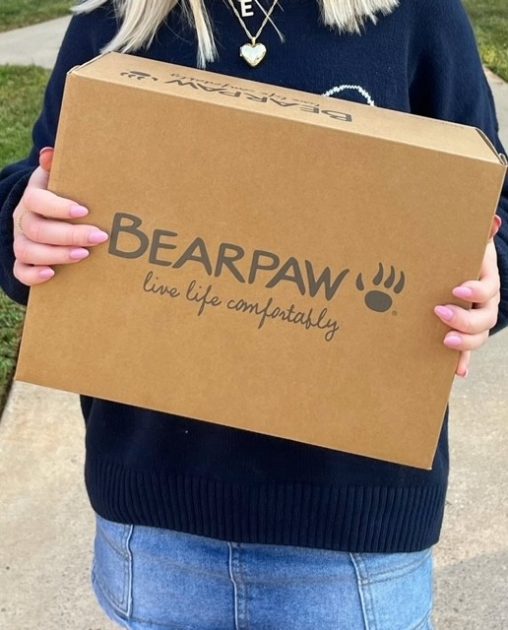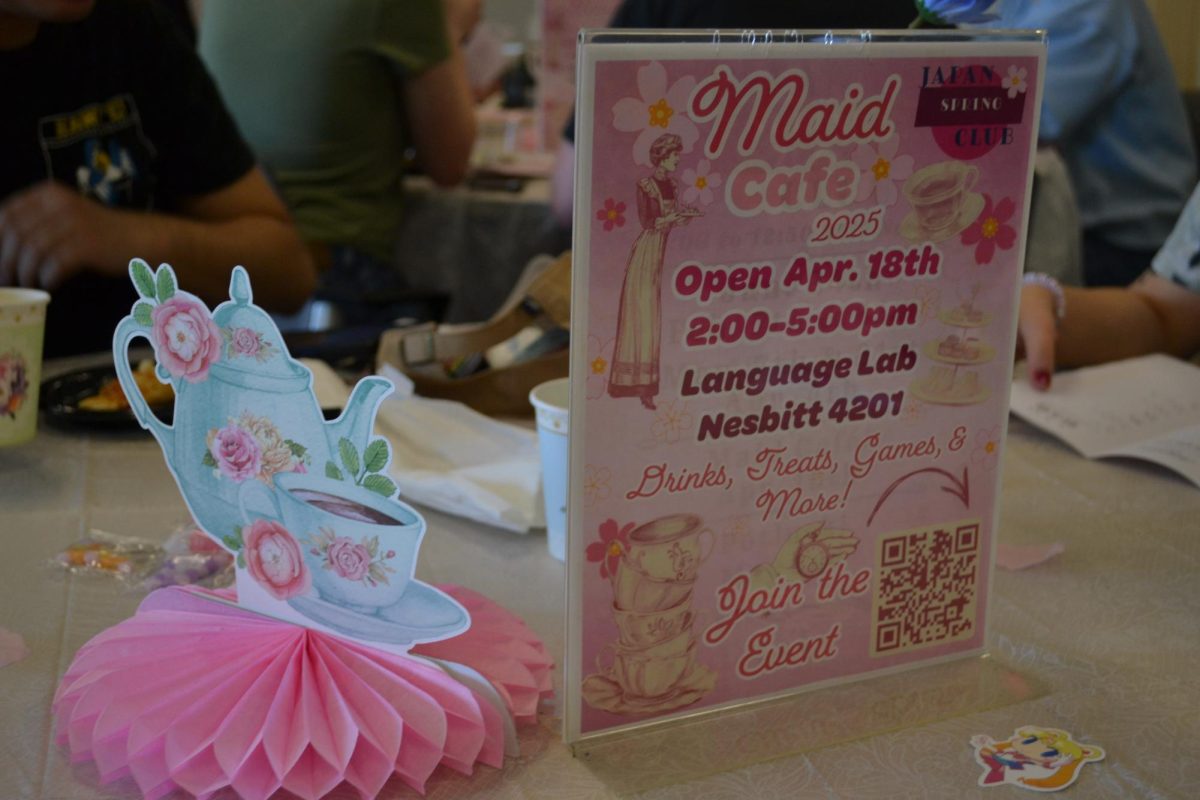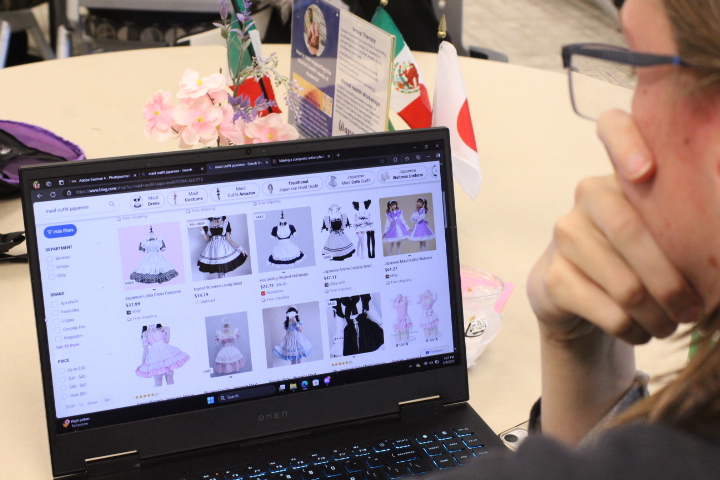College students who use Facebook (now called Meta) have probably heard some of the conspiracy theories surrounding COVID-19. In a July 2021 exchange, Joe Biden told reporters that platforms like Facebook are “killing people.”
This September, internal documents were leaked that may support his point. According to CNN, these documents suggest that Facebook is having a harder time moderating COVID misinformation than it proclaims.
However, two questions remain unanswered: What falsities are being spread, and who is being affected?
Frequent Facebook user Karen Sapecky says that much of the misinformation is about what’s in the vaccines.
“I was recently sent a video on Facebook messenger stating that if you get the shot, it will kill your white blood cells,” she said, “and if you get the next shot, it will kill even more white blood cells.”
Upon further investigation, the video was created by someone who claimed to be a “natural doctor.” While their medical credentials are unknown, they presented this information as scientific fact.
Kim Swix is also a frequent Facebook user, and she has seen similar falsities on the platform.
“The funniest one is that the vaccine is patented by Bill Gates, so he’s going to get a lot of money,” she said. “There’s also one claiming that a 5G chip is in the vaccine, so they’ll be able to track everywhere you go.”
Other deceptive posts seem to be claiming that the coronavirus is a nefarious political scheme.
“With the Omicron variant, I’ve seen people saying that you can expect to have a new mutant come out every two years in October because of the elections,” said Swix. “If you think about it, it was reported by South Africa, and I doubt they decided it was time to disrupt the U.S. elections.”
Consequently, a 50-state COVID-19 survey found that people who rely solely on Facebook for news have “relatively high levels of beliefs in misinformation,” leading to this dire outcome:
“Those who are most reliant on Facebook for information have substantially lower vaccination rates than those who rely on other sources.” – The COVID States Project: A 50-State COVID-19 Survey
The question remains: Of those who depend on Facebook news, who is most likely to be affected by misinformation?
UNG student Katelyn Dennis said that she has seen the older adults in her life fall prey to COVID falsities, as “they have not been taught to check the resources they are reading from.”
A study found that during the 2016 presidential election, Facebook users 65 and over shared seven times as many links to fake news websites as compared to younger users. The researchers cite this phenomenon as a driving factor: digital illiteracy.
“Older adults are relative newcomers to the Internet, creating a gray digital divide,” stated the researchers. “Fewer years of experience with clickbait and Internet hoaxes (e.g., chain letters) may leave them at a disadvantage.”
With the gap in digital literacy between younger and older adults ever-expanding, how can we stop COVID misreports from killing people?
Oftentimes, change starts with discussion. Check out the U.S. Surgeon General’s tips for talking to your friends and family about health misinformation.
- Listen: Listen to the person’s fears and beliefs, and avoid fact-checking, as “this approach can often shut down a conversation.”
- Empathize: “Emphasize the fact that you understand that there are often reasons why people find it difficult to trust certain sources of information.”
- Point to Credible Sources: Highlight the fact that finding accurate information can be difficult, but it’s important to find credible sources. Also, “remind them that an expert on one topic might not be the best expert to turn to around another topic.”
- Don’t Publicly Shame: When possible, have a private discussion, as conversations in comment sections can shame others as well as expose people to the misinformation. It’s also important to use a “caring tone of voice” and to “be gentle in your replies.”
- Use Inclusive Language: “Where possible, use inclusive language that makes it clear that you see yourself being impacted in the same way” and “show how you sometimes struggle to figure out whom or what to trust.”































